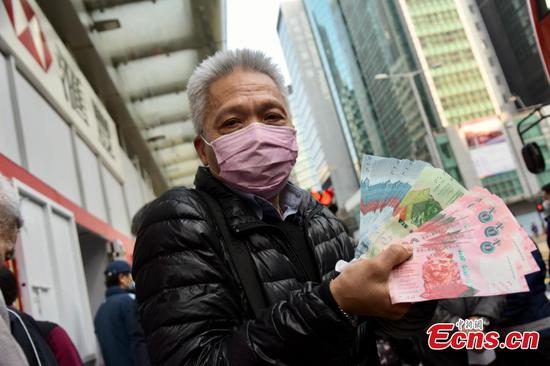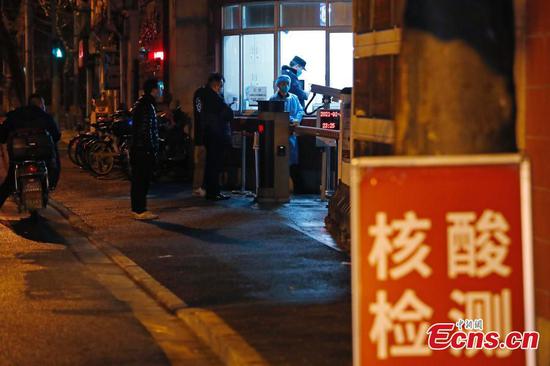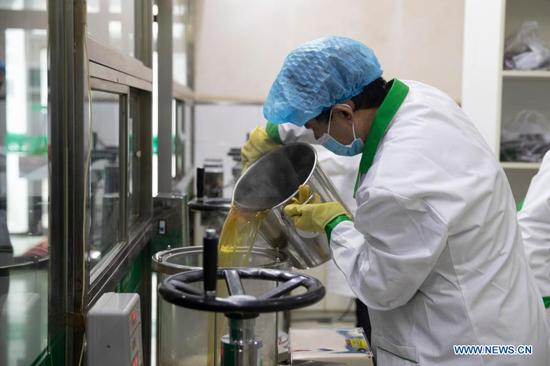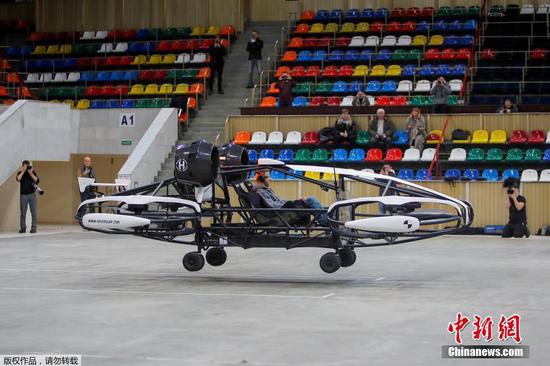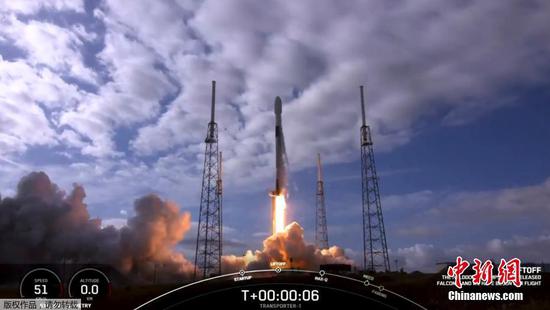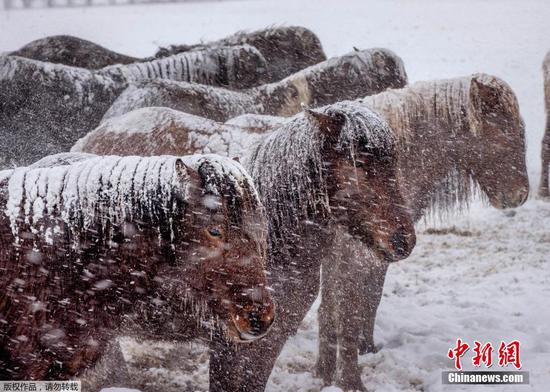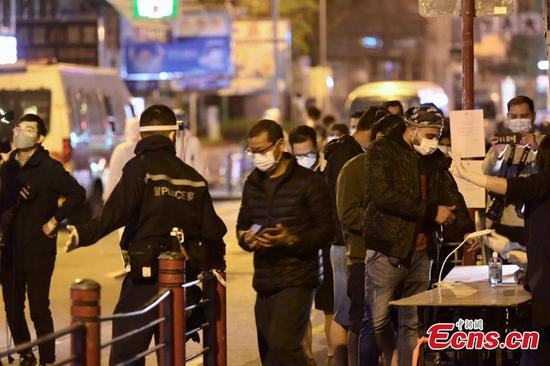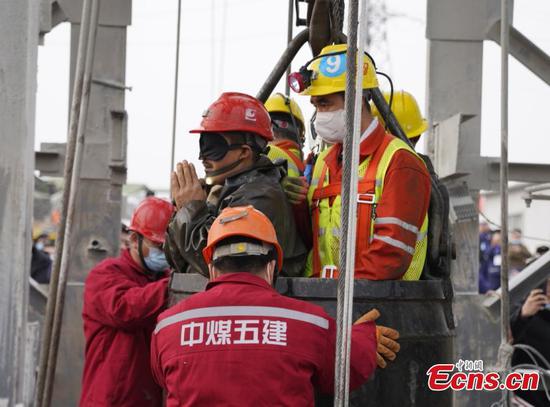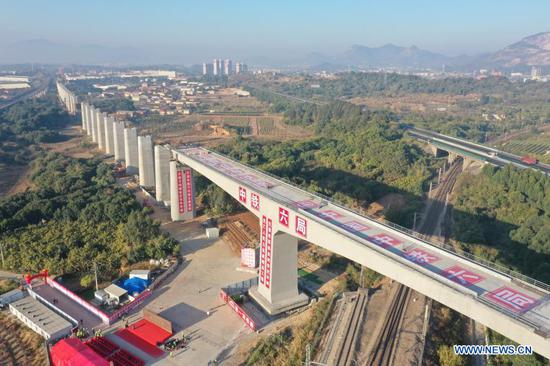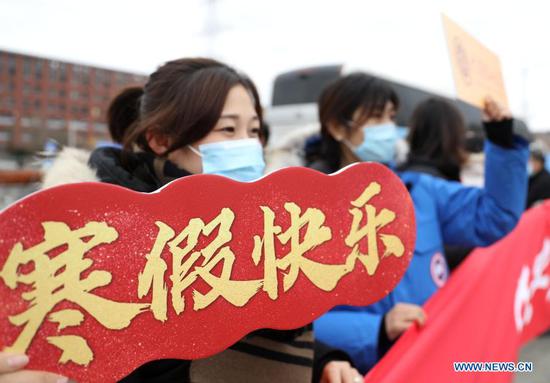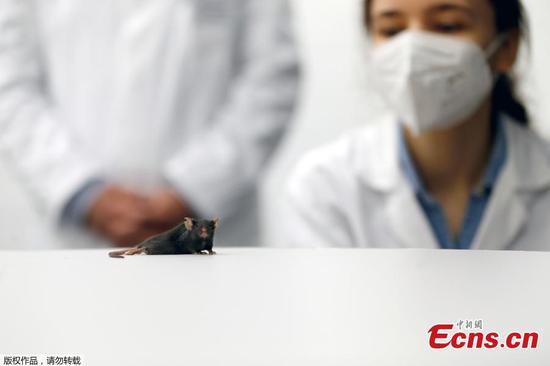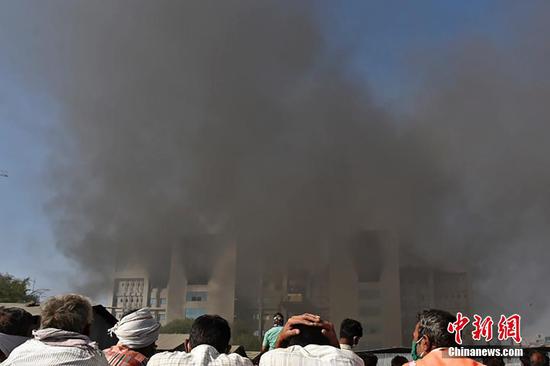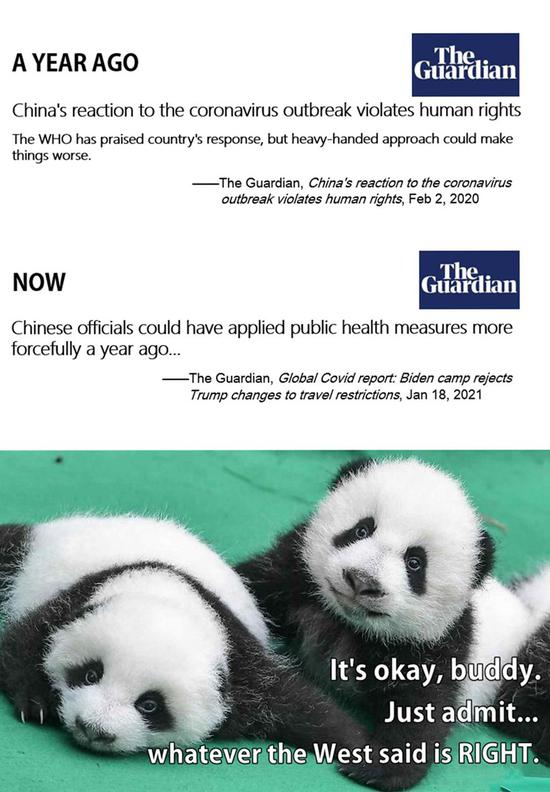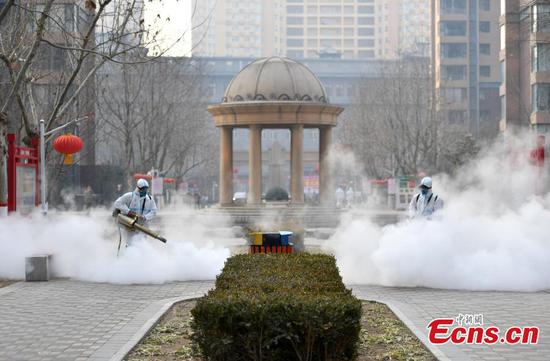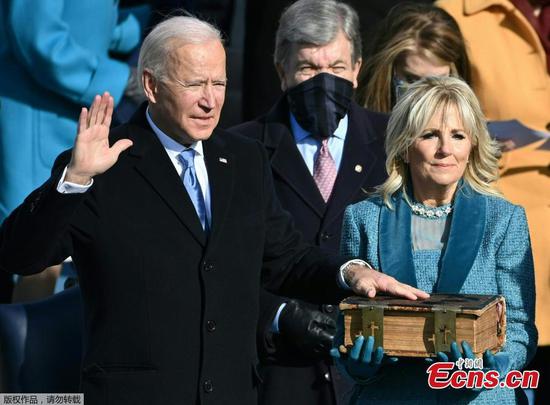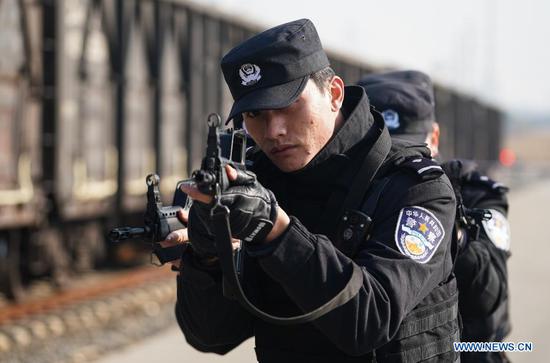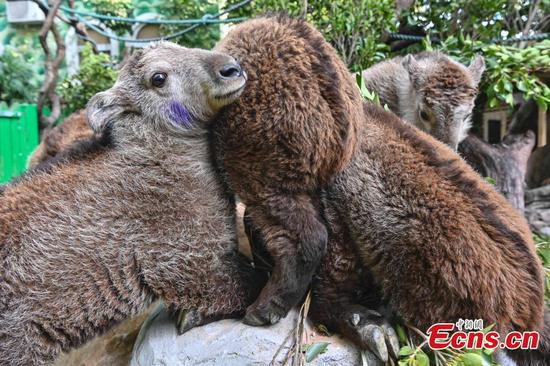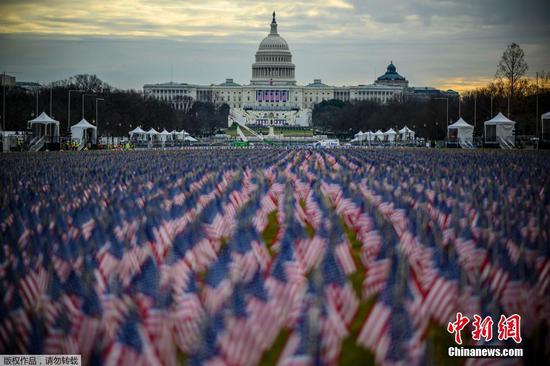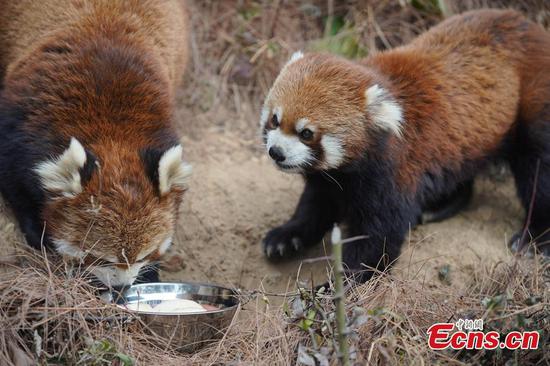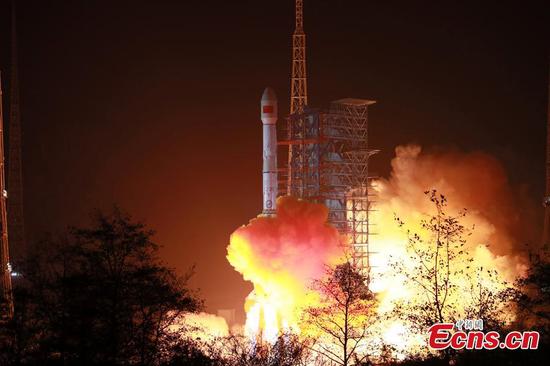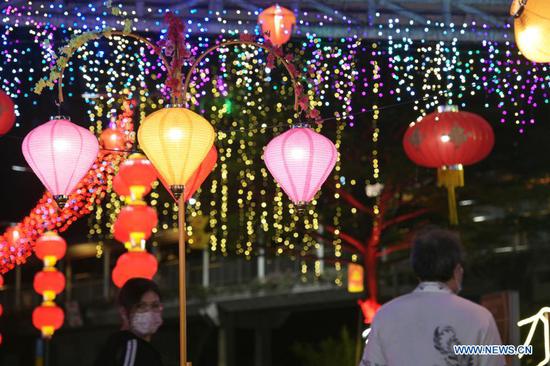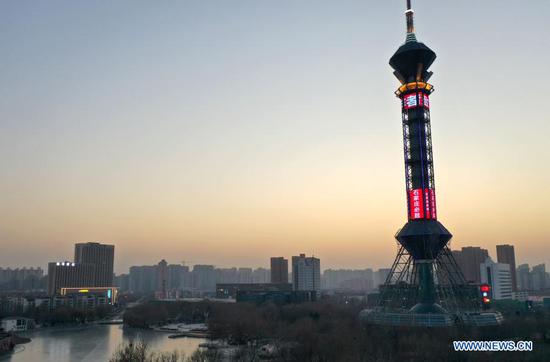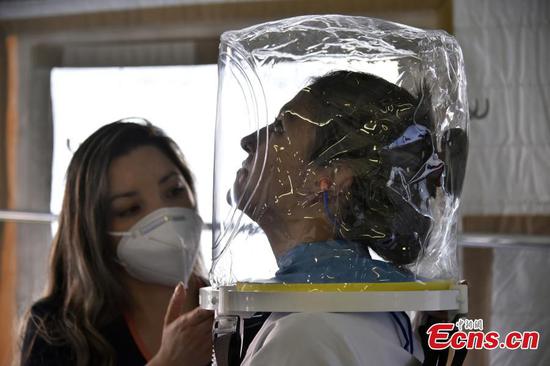China and the United States should restart their multilevel dialogue mechanisms and reshape their economic and trade relations in a bid to return bilateral ties to a normal track under the new administration in Washington, former senior officials from both sides said on Tuesday.
"Beijing and Washington should expedite steps to resume high-level strategic dialogue to guide the way for the growth of bilateral relations," said Zeng Peiyan, former vice-premier and chairman of the China Center for International Economic Exchanges.
The two sides need to conduct a new round of trade negotiations-on the basis of a comprehensive and objective evaluation of their phase-one trade deal-to roll back extra tariffs imposed by both sides and cancel unreasonable investment restrictions, he said at the opening of a three-day webinar titled "U.S.-China Relations: The Way Forward" at the 2021 Hong Kong Forum on U.S.-China Relations.
The webinar was co-hosted by the CCIEE and the China-U.S. Exchange Foundation.
In her welcoming remarks, Carrie Lam Cheng Yuet-ngor, chief executive of the Hong Kong Special Administrative Region, said that healthy China-U.S. relations are important to the world in many ways, and that can only be achieved through constructive dialogue at all levels.
Lam said she hopes the new U.S. administration will view the National Security Law for Hong Kong in a fair manner, saying the former administration's sanctions on the HKSAR government, businesses and individuals were "totally unjustified".
"Meanwhile, I and my 11 senior colleagues who have been sanctioned will not be intimidated. We will continue to steadfastly, dutifully and lawfully carry out our duties to safeguard our country's national sovereignty, unity and territorial integrity," she said.
Carlos Gutierrez, the U.S. secretary of commerce from 2005 to 2009, highlighted the need to cool down the punitive tariffs from both sides, saying that a new agreement must be reached before rescinding previous deals.
It is impossible to decouple the world's top two economies, which have seen their interests intertwined and closely relying on each other, he said.
The two nations must do all they can to avoid a technological Cold War, and decoupling in technological terms will benefit neither side, he added.
Carla Hills, who served as U.S. Trade Representative in president George H.W. Bush's administration, said China and the U.S. must increase their areas of cooperation and reduce areas of tension as their over 40 years of bilateral cooperation have proved beneficial for both nations.
She said the two countries must sit down for talks during times of crisis in the bilateral relationship and refrain from imposing restrictions on investments from either side.
The initial focus of the Biden administration's cooperation with China could be areas in which the two nations share the same goals, such as climate change and global health, she said.
Tung Chee Hwa, vice-chairman of the National Committee of the Chinese People's Political Consultative Conference and founding chairman of the China-United States Exchange Foundation, said the two sides can join in accelerating the development, production and distribution of safe vaccines worldwide, establishing a normal trading relationship and resuming exchanges between experts, institutions and students.
The webinar was held before Yang Jiechi, a member of the Political Bureau of the Communist Party of China Central Committee and director of the Office of the Foreign Affairs Commission of the CPC Central Committee, is slated to deliver a video speech on the state of China-U.S. relations and prospects for the future on Feb 1, according to the official website of the National Committee on United States-China Relations.
It will be Yang's first speech to a U.S. audience since Biden's inauguration.
Foreign Ministry spokesman Zhao Lijian said at a news briefing on Tuesday that China hopes the new U.S. administration will draw lessons from the previous administration's mistakes and adopt a proactive and constructive China policy.
Responding to comments made by White House spokeswoman Jen Psaki that the U.S. is in a serious competition with China, Zhao called upon both sides to meet each other halfway, focus on cooperation and manage differences to bring bilateral relations back on the right track.









